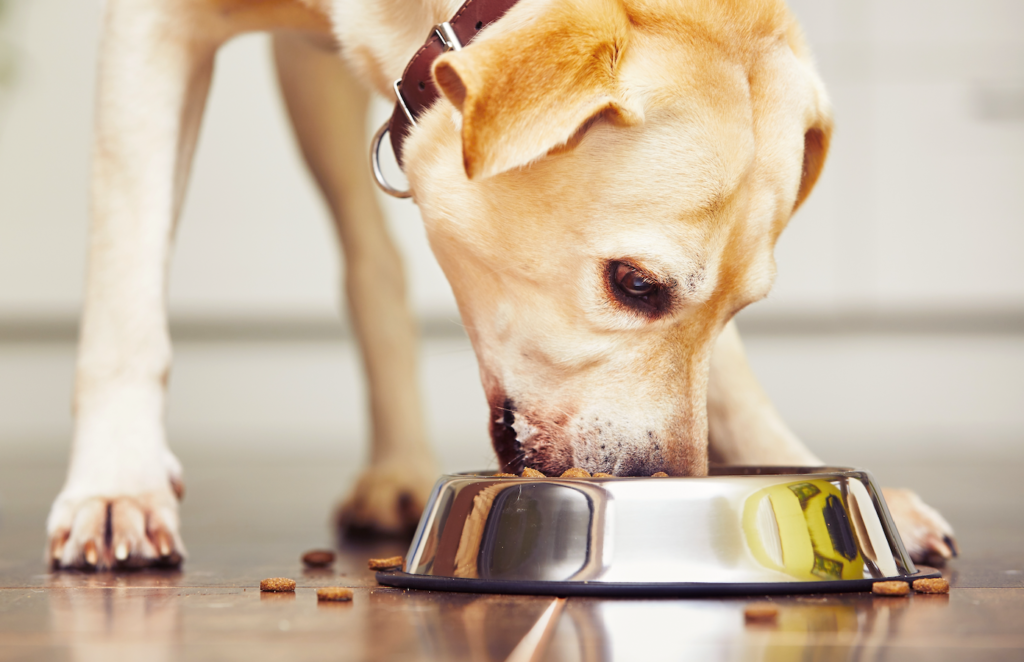What, how much and when your dog eats will tell you a lot about their overall state of wellness. The following article discusses the eating habits of dogs – as well as common feeding habits – and what they mean and what they can cause in the long run.
Healthy dogs (and most healthy people, for that matter) love to eat. Dogs, however, don’t savor their food; they eat quickly and with great gusto, as this is a response borne over thousands of years of pack evolution. Dogs in packs – even those in loving and close packs – eat their food as though it is going to be stolen in a millisecond. Dogs still possess this instinct, so when they don’t demonstrate this behavior at their mealtimes, there is likely something wrong. Here are a few things that could be altering your dog’s eating habits, including factors like changes in their diet, dental issues, health problems, and even distractions like bully sticks for dogs.
- Illness. This is the first assumption you should make if your dog no longer appears to want to eat their food. Consult a veterinarian immediately if your pup’s appetite diminishes significantly.
- They become picky. While a sudden lack of interest in food is often a sign of illness, a lack of interest in their food but a keen interest in your food is a sign of pickiness. Your dog probably became picky because, at some point, they tasted what you’re eating, looked at their own dish and decided “Hey, I don’t want this, I want that!” You can correct this behavior by ceasing the table scraps altogether and leaving them no option but to eat their own, appropriate-but-less-tasty food.
- They’re on medications with appetite-reducing side effects. If your dog is taking certain medications and experiencing a reduction in their willingness to eat, ask your vet if there are any supplements or solutions that can correct this reaction. Lack of appetite can make it difficult to administer the meds.
- Your dog is stressed. Stress and anxiety can make your dog reluctant to eat. Determine the cause of their nervousness and address it immediately. If you can’t find a specific trigger, consult a canine behavior expert to come up with techniques that address their anxiety.
When it comes to your dogs’ eating habits, the most important thing to remember is the fact that their diet can either thwart or encourage significant health concerns, including obesity, diabetes, cancers and DCM. Zignature, Castor & Pollux and Nutrish are great, affordable and excellent quality pet foods with formulas designed to address different health issues, as well as the needs of various dog breeds, sizes and ages.
I’m a doggie enthusiast, blogger and pet parent to two beautiful and feisty rescue girls
To read more on topics like this, check out the blog category.

 2018 ·
2018 ·
Leave a Reply